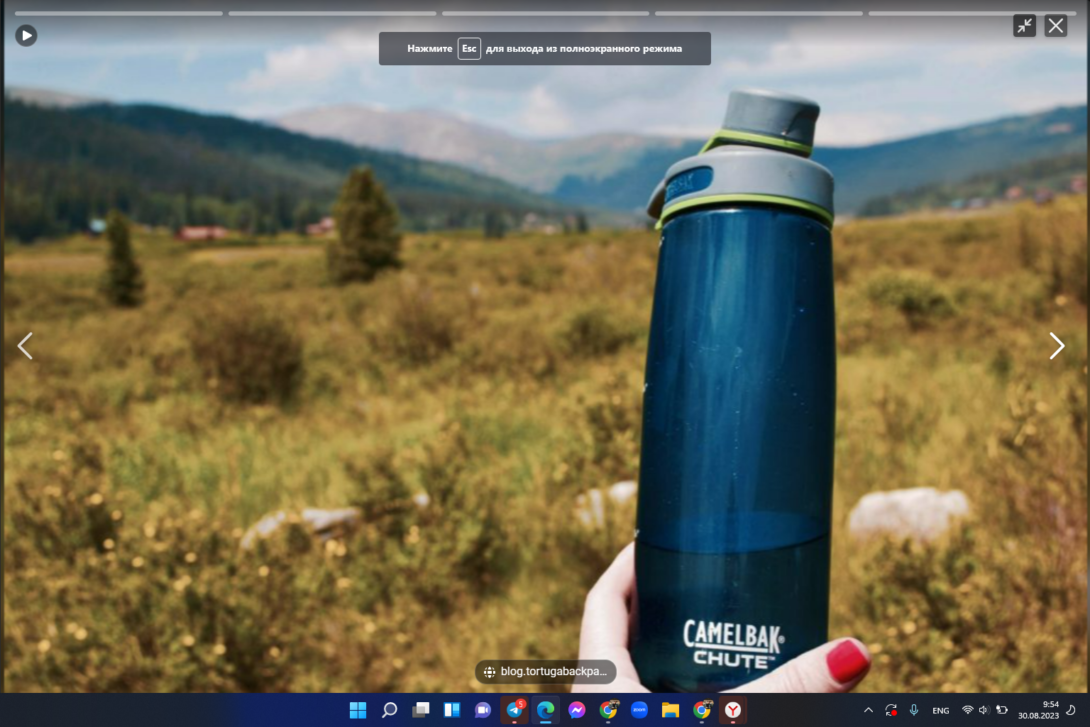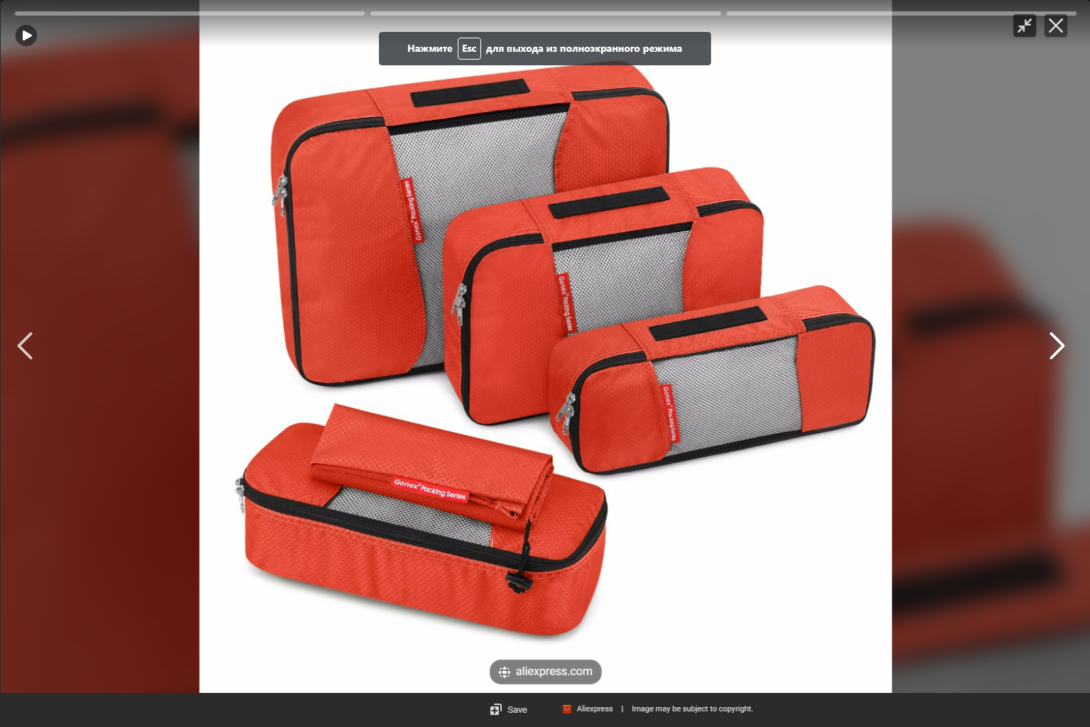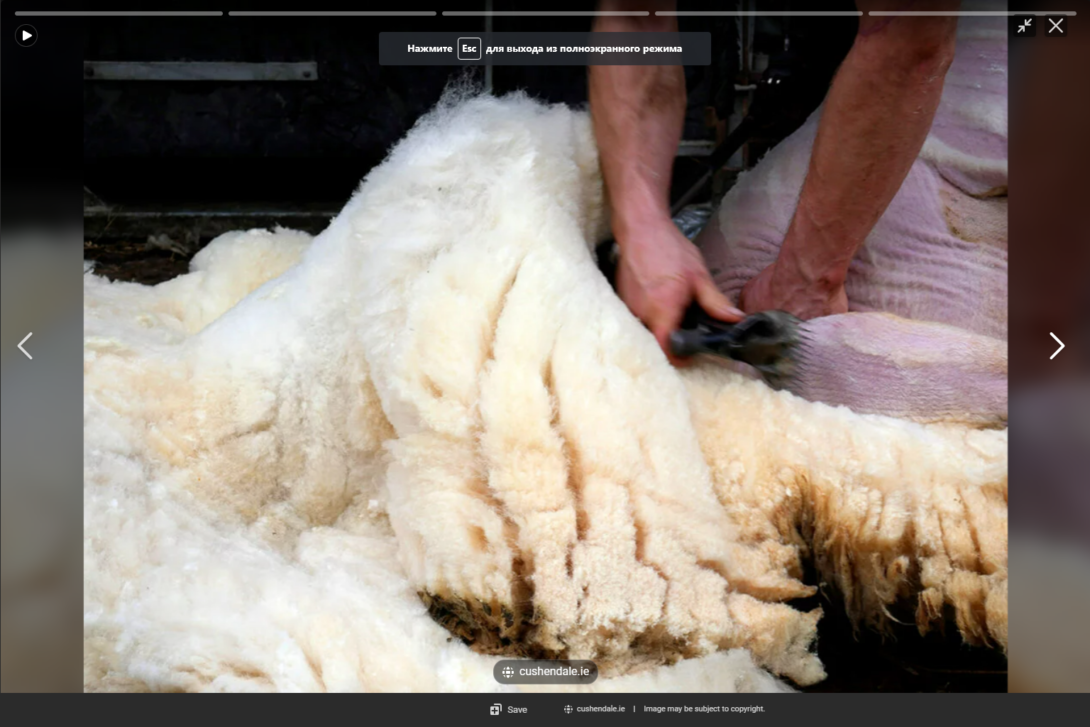Preparing for a trip to the enchanting landscapes of Ireland requires meticulous planning to ensure you have all the necessary items for a comfortable and memorable journey. From exploring historic castles to hiking along the stunning cliffs, Ireland offers a diverse range of experiences that demand careful consideration of your packing list. In this comprehensive guide, we’ll delve into the must-pack items, offering valuable insights and tips to help you make the most of your adventure across the Emerald Isle.
Clothing Essentials: Dressing for Irish Weather
When it comes to packing clothes for Ireland, it’s crucial to keep the ever-changing weather conditions in mind. The famous Irish saying, “If you don’t like the weather, wait five minutes,” couldn’t be more accurate. To ensure you’re prepared for all scenarios, here’s a breakdown of the clothing essentials you should include in your suitcase:
Warm Layers: Irish weather can be quite unpredictable, even during the warmer months. Packing lightweight, breathable layers such as sweaters, long-sleeved shirts, and vests will help you stay comfortable as you adapt to varying temperatures.
Waterproof Jacket: A high-quality waterproof jacket with a hood is an absolute necessity. It’s your shield against unexpected rain showers, which can occur at any moment. Look for a jacket that is both waterproof and windproof for maximum protection.
Sturdy Footwear: Whether you’re strolling through charming villages or embarking on a rugged hike, having comfortable and waterproof footwear is essential. Opt for sturdy walking shoes or hiking boots that provide ample support for your feet.
Scarves and Hats: These accessories serve both functional and style purposes. Scarves provide extra warmth around your neck, and hats help shield you from rain or wind while adding a fashionable touch to your outfit.
Weather-Appropriate Clothing
| Weather Conditions | Recommended Clothing |
|---|---|
| Rainy | Waterproof jacket, waterproof boots, umbrella |
| Cold | Sweaters, long-sleeved shirts, thermal leggings |
| Windy | Windproof jacket, scarf, beanie |
| Sunny | Lightweight shirts, sunglasses, sunhat |
Tech and Connectivity: Staying Online and Powered Up
In today’s digital age, staying connected and having access to your devices are essential aspects of any trip. Here’s what you need to consider to ensure you’re always online and powered up:
Universal Adapter and Voltage Converter: Ireland uses a Type G power outlet, which has three rectangular pins. Make sure to pack a universal adapter that can accommodate your devices. Additionally, consider bringing a voltage converter if your electronics are not compatible with Ireland’s voltage (230V).
Power Bank: A reliable power bank is a traveler’s best friend. Long days of exploring can drain your device’s battery quickly, so having a power bank allows you to charge your phone or camera on the go.
Portable Wi-Fi Hotspot: While many hotels and cafes offer Wi-Fi, having your portable hotspot ensures you’re always connected, especially when you’re off the beaten path.
Camera Gear: To capture the breathtaking landscapes and historic sites, don’t forget to pack your camera or smartphone. Make sure to carry extra memory cards and fully charged batteries to avoid missing out on stunning photo opportunities.
Tech and Connectivity Essentials
- Universal adapter with voltage converter;
- Power bank with multiple USB ports;
- Portable Wi-Fi hotspot device;
- Camera or smartphone with spare batteries and memory cards.
Exploring the Irish Cuisine: Food and Drinks
Ireland’s culinary scene is a delightful mix of traditional dishes and modern gastronomy. While you’ll likely indulge in local treats during your trip, it’s essential to have some food and drink essentials to keep you energized throughout the day:

Alt:Reusable water bottle
Reusable Water Bottle: Ireland’s tap water is safe to drink, so having a reusable water bottle is not only eco-friendly but also helps you stay hydrated while on the go.
Healthy Snacks: Whether you’re exploring charming villages or hiking along the cliffs, having a stash of healthy snacks in your bag will keep hunger at bay. Granola bars, nuts, and dried fruit are excellent options.
Food and Drink Essentials
| Situation | Recommended Items |
|---|---|
| On-the-Go | Reusable water bottle, nuts, granola bars |
| Picnic | Fresh fruits, sandwiches, cheese |
| Dining Out | Local specialties, restaurant recommendations |
| Exploring Pubs | Irish beer, traditional pub snacks |
Sightseeing and Adventure: What Not to Miss
Ireland’s landscapes are a playground for adventurers and history enthusiasts alike. As you embark on your journey to discover its castles, cliffs, and cultural sites, make sure you have the necessary gear to fully immerse yourself in the experience:
Hiking Gear: Ireland is a paradise for hikers. Pack comfortable hiking shoes that provide ample support, a backpack to carry your essentials, and a detailed map or GPS device to navigate the trails.
Guidebooks: Enhance your travel experience by carrying guidebooks that provide insights into the local culture, history, and must-visit attractions. These resources can offer a deeper understanding of the places you explore.
Adventure and Exploration Essentials
| Activity | Recommended Gear |
|---|---|
| Hiking and Trekking | Hiking boots, backpack, GPS device |
| Exploring Historic Sites | Guidebooks, comfortable clothing |
| Scenic Drives | Road maps, travel apps, camera |
| Cultural Experiences | Tickets to cultural events, local craft items |
Safety and Health: Prioritizing Your Well-being
While Ireland is a safe destination for travelers, it’s essential to prioritize your well-being during your trip. Here are the safety and health items you should have on hand:
Medications and First Aid Kit: Bring any prescription medications you may need during your trip. Additionally, a basic first aid kit with bandages, antiseptics, pain relievers, and any personal medications can be invaluable.
Travel Insurance: Protect yourself against unforeseen events by purchasing comprehensive travel insurance. This coverage can help with medical emergencies, trip cancellations, and unexpected travel disruptions.
Safety and Health Essentials
| Safety Measure | Recommended Items |
|---|---|
| Medications | Prescription meds, basic first aid kit |
| Travel Insurance | Comprehensive coverage for medical emergencies and trip disruptions |
| Emergency Contacts | Local emergency numbers, contact information for the nearest embassy |
Packing Tips: Efficiently Organizing Your Luggage
Packing efficiently not only saves space but also ensures you have easy access to your essentials. Here are some tips to help you organize your luggage effectively:
Roll, Don’t Fold: Rolling your clothes instead of folding them can save a significant amount of space in your suitcase. This technique also helps minimize wrinkles.
Ziplock Bags: Use ziplock bags to keep your toiletries organized and prevent any leaks from spreading to other items in your bag.

Packing Tips
- Roll clothes to save space and minimize wrinkles;
- Use ziplock bags for toiletries and liquids;
- Pack heavier items at the bottom of the suitcase;
- Use packing cubes to compartmentalize different types of items.
Currency and Banking: Managing Finances Abroad
When traveling to Ireland, it’s important to be familiar with the local currency and banking options to ensure a smooth financial experience. Here’s what you need to know:
Currency: Ireland uses the Euro (EUR) as its official currency. It’s recommended to exchange some currency before your trip or withdraw cash from ATMs upon arrival for small purchases.
Credit and Debit Cards: Credit and debit cards are widely accepted in Ireland, especially in urban areas. However, it’s a good idea to carry some cash for places that might not accept cards, such as small villages or local markets.
Banks and ATMs: Major cities and tourist areas have plenty of ATMs where you can withdraw cash. Notify your bank of your travel plans to avoid any issues with using your cards abroad.
Currency and Banking
| Aspect | Tips and Considerations |
|---|---|
| Currency Exchange | Exchange currency at banks or currency exchange offices for competitive rates |
| Card Acceptance | Credit and debit cards accepted in most places, but carry some cash |
| ATM Availability | ATMs are widespread in cities and tourist areas |
| Transaction Fees | Check with your bank for any foreign transaction fees |
Cultural Etiquette: Respectful Traveling in Ireland
While exploring a new country, understanding and respecting local customs is essential. Ireland has a rich cultural heritage, and being aware of some basic etiquette guidelines can enhance your experience:
Greeting: A simple “hello” or “hi” is a friendly way to greet people. A handshake is the common form of greeting, but don’t hesitate to use your judgment based on the situation.
Punctuality: Being on time is appreciated in Ireland, whether you’re meeting someone or attending an event.
Tipping: Tipping is common in restaurants, cafes, and for services like taxis. It’s customary to leave around 10-15% of the bill as a tip.
Conversation: Irish people are known for their friendly and engaging nature. Strike up conversations with locals, and don’t be surprised if you find yourself in a lively discussion.
Cultural Etiquette
- Greet people with a friendly “hello” or “hi”;
- Arrive on time for meetings and events;
- Tip around 10-15% in restaurants and cafes;
- Engage in conversations with locals and be open to discussion.
Eco-Friendly Travel: Minimizing Your Footprint
As a responsible traveler, it’s important to minimize your impact on the environment while exploring Ireland’s natural beauty. Here are some ways to practice eco-friendly travel:
Reusable Shopping Bag: Carry a foldable reusable bag for shopping, reducing the need for plastic bags.
Responsible Sightseeing: Stick to marked trails to avoid damaging fragile ecosystems. Respect wildlife and follow guidelines for responsible wildlife viewing.
Eco-Friendly Travel Tips
| Aspect | Eco-Friendly Practices |
|---|---|
| Water Consumption | Carry a reusable water bottle |
| Plastic Reduction | Use a reusable shopping bag |
| Nature Preservation | Stick to marked trails, avoid disturbing wildlife |
| Waste Reduction | Dispose of waste properly and recycle when possible |
Souvenir Selection: Bringing Back Memories
Selecting souvenirs is a delightful part of any trip, and Ireland offers a variety of unique items that capture the essence of the country. Here are some memorable souvenirs to consider:
Claddagh Ring: This traditional Irish ring symbolizes love, loyalty, and friendship. It’s a meaningful piece of jewelry to bring back.
Irish Whiskey: Ireland is known for its whiskey. Consider bringing back a bottle to enjoy or gift to a friend.
Wool Products: Ireland is famous for its high-quality wool products, including sweaters, scarves, and blankets.

Souvenir Options
| Souvenir | Meaning and Significance |
|---|---|
| Claddagh Ring | Symbolizes love, loyalty, and friendship |
| Irish Whiskey | Represents Ireland’s rich whiskey culture |
| Wool Products | High-quality wool items for warmth and style |
Transportation Options: Getting Around Ireland
Navigating Ireland is an integral part of your travel experience. Whether you’re exploring bustling cities or tranquil countryside, having a clear understanding of transportation options will ensure seamless travel:
Public Transportation: Ireland has an efficient public transportation system, including buses and trains. Consider purchasing an “Leap Card” for convenient access to public transport in cities like Dublin.
Renting a Car: If you plan to explore rural areas or take scenic drives, renting a car provides flexibility and convenience. Remember that driving in Ireland is on the left side of the road.
Cycling: Some cities offer bike-sharing programs, and cycling can be an eco-friendly and enjoyable way to explore urban areas.
Transportation Options
| Option | Key Advantages |
|---|---|
| Public Transportation | Convenient for city travel |
| Renting a Car | Offers flexibility for rural exploration |
| Cycling | Eco-friendly option for urban areas |
Language and Communication: English and Irish Gaelic
While English is the primary language spoken in Ireland, Irish Gaelic (Gaeilge) holds cultural significance. Here’s what you need to know about language and communication:
English: English is widely spoken and understood throughout Ireland. It’s the language of business, education, and daily interactions.
Irish Gaelic: While less commonly spoken, Irish Gaelic is an official language of Ireland. You might encounter signs in both languages, especially in Gaeltacht areas.
Basic Phrases: Learning a few phrases in Irish Gaelic, such as greetings and thank you, can be a respectful way to engage with locals.
Useful Phrases in Irish Gaelic
- Hello: Dia dhuit (DEE-ah gwit);
- Thank you: Go raibh maith agat (guh REV mah ah-gut);
- Goodbye: Slán (slawn);
- Please: Más é do thoil é (maws ay duh hull ay);
- Excuse me: Gabh mo leithscéal (gahv muh lesh-kale).
Accommodation Choices: Where to Stay in Ireland
Choosing the right accommodation is crucial for a comfortable and enjoyable trip. Ireland offers a range of options to suit different preferences and budgets:
Hotels: From luxury hotels in major cities to charming boutique hotels in the countryside, Ireland’s hotel options cater to various tastes.
Bed and Breakfasts: Experience Irish hospitality by staying in cozy bed and breakfasts. These accommodations often provide a hearty Irish breakfast to start your day.
Guesthouses and Inns: These mid-range options offer a mix of comfort and affordability, perfect for travelers seeking a balance between amenities and cost.
Accommodation Choices
- Hotels: Luxury, amenities, city and countryside locations;
- Bed and Breakfasts: Cozy, personal service, local insights;
- Guesthouses and Inns: Mid-range, comfort, affordability.
Time to Celebrate: Irish Festivals and Events
Ireland is known for its vibrant festivals and cultural events that celebrate everything from music to food. Attending these events can offer a deeper understanding of the country’s traditions and lively spirit:
St. Patrick’s Festival: The iconic celebration takes place around March 17th and features parades, concerts, and vibrant displays of Irish culture.
Galway International Arts Festival: Held in July, this event showcases international and Irish artists across various art forms, from theater to visual arts.
Dublin Horse Show: Taking place in August, this equestrian event is a blend of world-class show jumping, style, and entertainment.
Notable Irish Festivals
- St. Patrick’s Festival: March celebration of Irish heritage;
- Galway International Arts Festival: July showcase of arts and culture;
- Dublin Horse Show: August equestrian and style event.
Conclusion
In conclusion, packing for your Ireland trip is an exciting opportunity to prepare for an adventure filled with stunning landscapes, cultural experiences, and unforgettable moments. By carefully considering the clothing, tech gear, food essentials, adventure gear, and safety items you need, you’ll be well-prepared to make the most of your journey. Whether you’re exploring historic sites or embarking on a scenic drive, your well-packed luggage will ensure a comfortable and enjoyable experience throughout your time in the Emerald Isle.
FAQs
While Ireland is generally casual, you might want to pack a slightly dressier outfit for upscale restaurants or cultural events.
Yes, credit cards are widely accepted, but it’s good to carry some cash for smaller establishments.
Avoid overpacking and leaving space for souvenirs. Also, leave valuable or unnecessary items at home.
While insects aren’t a major concern, having some repellent can be handy, especially in rural areas.
Use padded cases or sleeves for extra protection, and pack delicate electronics in your carry-on.